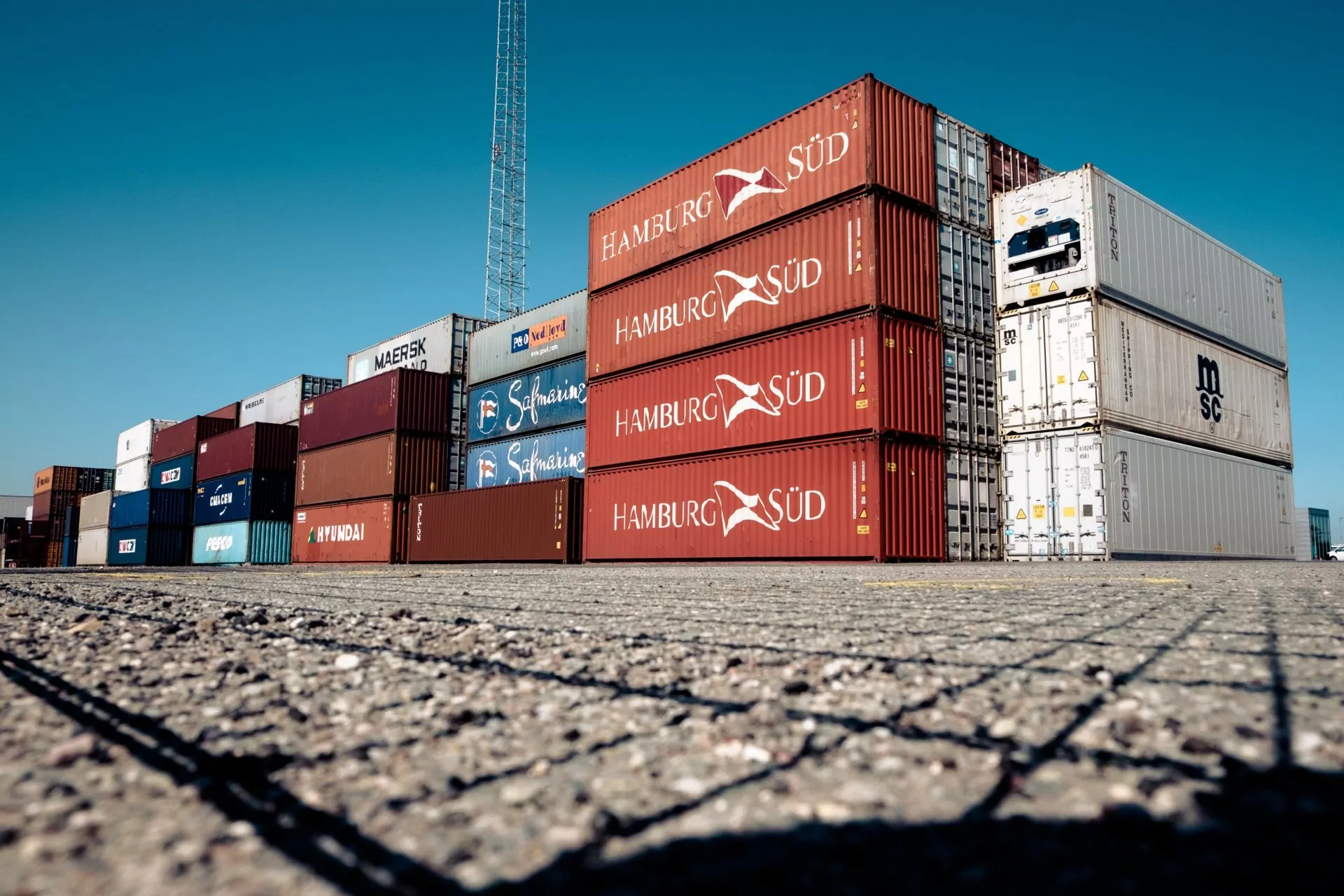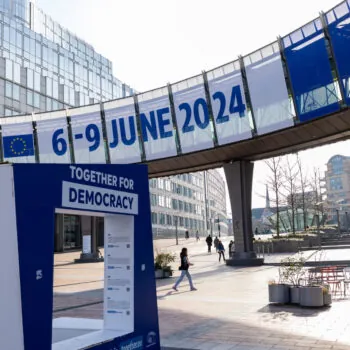This is especially problematic for Germany given how much its prosperity hinges on global trade, which has also defined its approach to foreign policy. A significant subset of which was its energy diplomacy focused on securing access to fossil resources – in particular gas.
This balance is also reflected in the EU’s Energy Diplomacy Action Plan from 2015, which was crafted off the back of the Ukraine crisis and thus focused on increasing the number of potential gas suppliers. While EU gas source diversification is now higher as a result, Germany still finds itself caught in between pressure from the US and Russia to build import infrastructure it does not need.
The EU’s recovery programme proposed a strengthened focus on both green recovery and strategic autonomy. The latter, despite a defensive flavour, also creates opportunities to play to the bloc’s s strength as an investor, a global rule maker and a front runner in clean technologies. The former reaffirms the EU’s commitment to achieving climate neutrality, which by the EC’s own assessment would translate for fossil gas into a share in the energy mix of maximum 4% by 2050, down from today’s 24%. As Germany consumes about a quarter of the EU’s gas, most reductions are expected to take place here.
This means much of the current, often polarized, debate around gas pipelines and LNG terminals could take a very different turn. Neither Russian supported Nord Stream 2, nor US supported LNG terminals and pipelines under the Three-Seas Initiative will have a significant role to play in the energy system the EU is currently transitioning towards. On the contrary: investing economic and diplomatic assets in these projects means wasting resources that would have been needed for implementing clean energy solutions, thereby making it harder for the EU to be competitive in a climate-neutral world.
Another consequence of the EU’s commitment to carbon neutrality is that green hydrogen, as the only current available zero-emissions technology for some hard-to-abate sectors, will require a steep growth trajectory in the next decade. The expectation that much of this new demand for green hydrogen will need to be covered by imports from for example North Africa has geopolitical implications that will need to be reflected in the EU’s energy diplomacy priorities. Notably that large upscaling of renewables is required globally for these economies to meet their own decarbonization targets and export renewable power in the form of hydrogen.
Algeria’s recent announcement to install 4GW of renewables, a quadrupling of its existing capacity, is a first step but still far from an export market for hydrogen. At the same time, Germany, as all states interested in green hydrogen, must recognize that it is not an abundant resource, not even globally. A recent Fraunhofer study found that the potential for generating and importing affordable hydrogen is strongly limited, and that hydrogen prices will increase strongly with demand. For example, Morocco and Tunisia could provide 400 TWh of green hydrogen via pipelines per year – while Germany alone is expected to consume between 250 and 800 TWh per year in 2050, adding its demand on top of that of other European countries.
A new Energy Diplomacy Action Plan, irrespective of when it will be on the agenda, will need to reflect these new political realities, as well as the market realities of ever cheaper renewables and storage technologies. The new plan should follow a two-pronged approach.
First, it needs an offer towards the EU’s existing fossil fuel suppliers to take a collaborative approach to the clean energy transition. Second it should reorient trade of energy products towards those that will enhance the resilience and prosperity of the EU and its partners.
Trade in clean goods and skills – in particular for efficient cooling appliances, energy efficiency, storage and renewables, have high added value in Europe and create jobs in partner countries. Tools to do that include diplomatic outreach, re-aligning export and development finance, technology transfer and regulatory alignment with the EU’s rulebook.
Moving forward with such an approach should provide the EU with a broader set of options and tools as well as increased leverage for a more effective response to aggressive behaviour by some of its current gas suppliers such as the Russian campaigns that are seeking to destabilize the EU. It falls to the Germany Presidency to help the EU to unite around such an approach.
Conventional wisdom suggests an EU Presidency can only successfully forge an agreement if the member state holding it lets its own national interest take a backseat, instead acting as an honest broker. It is however exactly in foreign policy that Germany’s unilateral and mercantilist approach to gas could be coming back to bite.
Whether it was Germany’s long standing insistence on the gas pipeline Nord Stream 2 being a purely commercial project despite severe geopolitical concerns of important Eastern European allies or a former chancellor acting as a paid lobbyist for the company building the pipeline, Germany has lost considerable political capital over its current approach. A continuation of such an approach would make it harder for Germany to be a credible broker for a new European foreign policy on energy that will support the EU’s pivot away from fossil gas.
Yet in a world that is moving towards climate neutrality, energy diplomacy focused on access to renewable technologies and resources is what Germany and the EU need. In contrast, energy diplomacy built around the trading of fossil fuels constitutes an ever-growing risk factor for foreign relations. Not to forget that by fuelling climate change itself, continued fossil fuel trade, will further destabilise large parts of the EU’s neighbourhood particularly exposed to climate change.
Both Germany and the EU will need to recognize this in an updated EU Energy Diplomacy Action Plan, building the new relationships it needs and supporting fossil fuel-reliant countries while simultaneously decreasing its own dependency from them.


